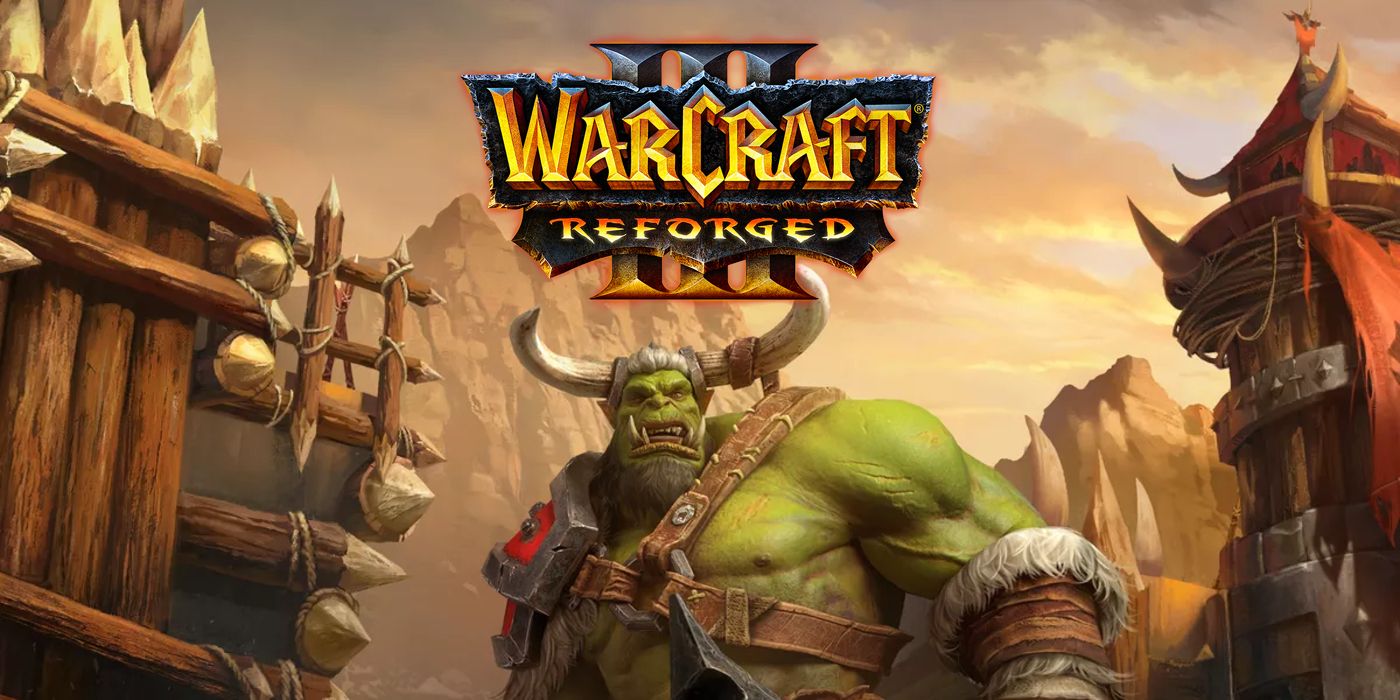In the 2022 book Goldeneye 007 by Alyse Knorr, interviews with the dev team reveal the incredibly unlikely success of this groundbreaking game. An inexperienced hodgepodge team left to their own devices produced an industry-changing, record-breaking game, despite many odds going against them. It was truly a lightning-in-a-bottle story. One thing that stayed with me however was how insanely hard the team worked. 12-hour days, 7-day weeks, high even by industry standards, but the team was young, talented, loved their work and wanted to prove themselves, so they sustained this workload for years until the game was done. And they were richly rewarded for their efforts.
“GoldenEye the movie and game featured an OMEGA Seamaster watch like this one. In the game, the watch serves as a laser weapon and pause screen. Rare gifted each member of the GoldenEye team one of these watches after the game’s release.”
Excerpt From GoldenEye 007 by Alyse Knorr
Surely this workload should give us pause, especially as fans of the games, we are indirectly responsible for cultivating this unhealthy work culture. The games industry is not the only one like this; many other industries, especially in entertainment, or entry-level positions, can be just as ruthless. And so you may say, “these folks are young and they love their work - what’s wrong with letting passionate people work really hard?” I can understand this sentiment, even though it’s clear by now overwork is a health epidemic that should always be avoided. But the picture becomes murky when employers deliberately exploit this.
“The team’s imposter syndrome came partly from their youth and inexperience—everyone on the GoldenEye team was in their late 20s or early 30s and mostly single, something Rare specifically looked for, since it meant their employees wouldn’t have a life outside of work. Rare’s workplace culture also strongly encouraged long hours. The company’s whole ethos had always been about scrappy workaholic excellence, starting with their earliest days as Ultimate Play the Game. Into the 90s, the Stamper brothers themselves continued to maintain long hours, and around Rare there was little respect for employees who only worked nine to five. “You were promoted if you were dedicated, and by dedicated, I mean, do you stay long hours and work yourself hard?” Botwood told Eurogamer.”
Excerpt From GoldenEye 007 by Alyse Knorr
When the games industry was young, you could certainly make the case that the people in it were willingly putting in the long hours. The teams behind its games were young, single 20-somethings, often friends, working out of their bedrooms and apartments on their dreams. Perhaps it was ok as long as things stayed like this, and for a while it seemed it could indefinitely. Even as the 20-somethings grew older and started families, their passion still kept them in the industry, where they hired a new generation of passionate 20-somethings to work their butts off. And there was no shortage of fresh talent: the industry was still new, growing and exciting. But things had to change eventually.
Around the time of EA Spouse, I had an acquaintance who worked at Team Bondi on L.A. Noire. The project was notorious for its scope creep and horrid working conditions, and people working on the game worked weekends regularly, with insane turnover. These kinds of stories became common around those years, and it’s not hard to see why. The industry was completely open to abuse by - and I’m not going to mince words - psychopathic executives exploiting young workers, since the poor working culture had already been established as the norm, and there was little protection from such abuse. This was 20 years ago, and sadly little has changed since then. It turns out, gamers as a whole are not too concerned about the unfair toil undergone by the people who make the games, and only if the quality of the games themselves suffer as a result of crunch culture. Gamers didn’t react much to EA Spouse, but they sure got up in arms about the proliferation of day-1 patches and DLC, which is also a side effect of crunch. Instead of moving to protect the biggest victims, we instead circled the wagons and pointed at studios who “did it right”: “it’s done, when it’s done”, or “a delayed game is eventually good, a bad game is bad forever”, sentiments attributed to the “good” studios like Valve, Blizzard and Nintendo.
Warcraft III: Reforged was overwhelmingly poorly received. Once hailed as a studio with great working conditions that produced quality games without crunch, those days are long gone, and perhaps the abuse was always there, but in a hidden, insidious manner.
And so although things may have improved a little, here and there, we still saw ugly stories, such as those about sexual harassment from Riot Games and former industry darling Blizzard. So it turns out the industry didn’t solve abuse, it only got good at hiding it, and preventing it from affecting their bottom lines.
I don’t want to point the finger excessively at exploitative studios and execs, as much as they do deserve the negative attention. Even when clear exploitation isn’t taking place, the industry is still filled with the likes of indies and solo devs pushing themselves hard (perhaps too hard) to make it. Studios like Rare, id, Blizzard, and countless more, have made the games we love, but often under harsh workloads. The games that formed our cherished memories are often the result of blood, sweat and tears. This is something I had difficulty accepting, and I sincerely hope things could be different. But it’s time we stopped glamorising it and treat it for what it is: a problem.

